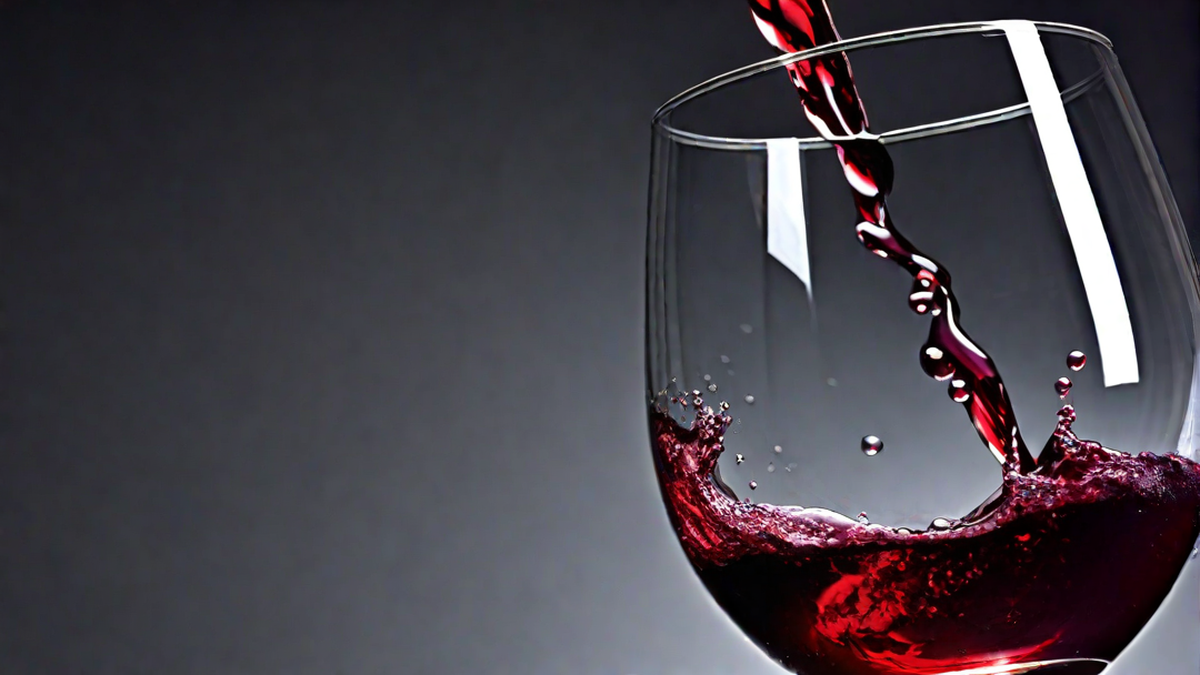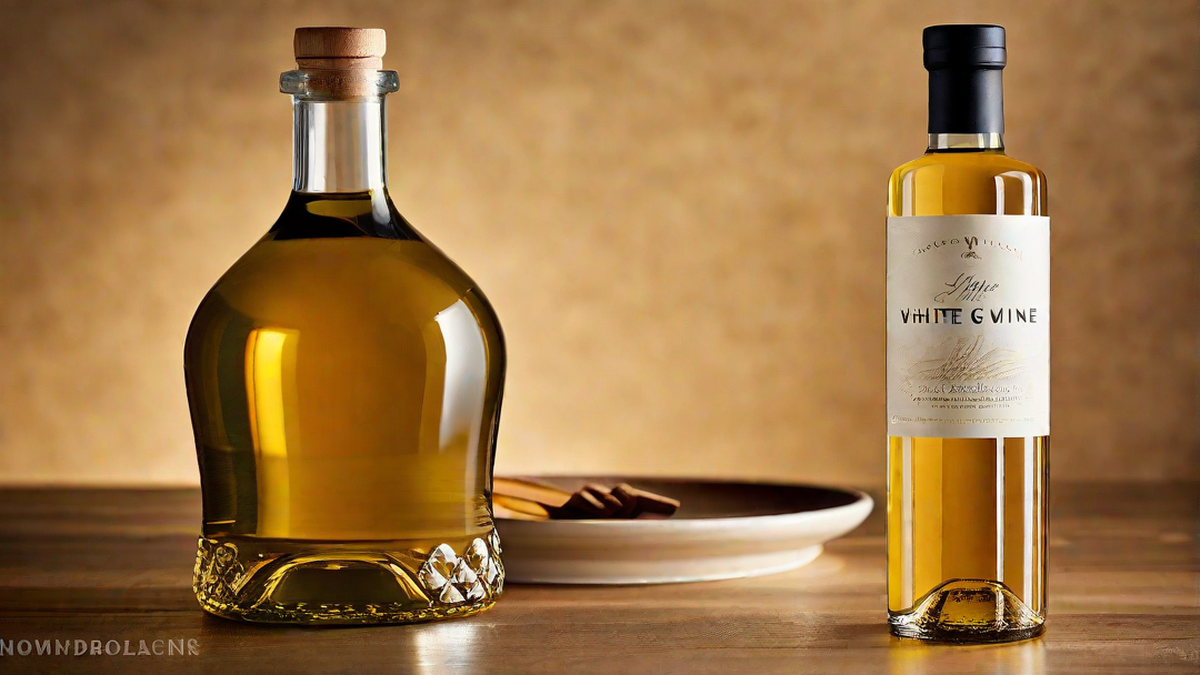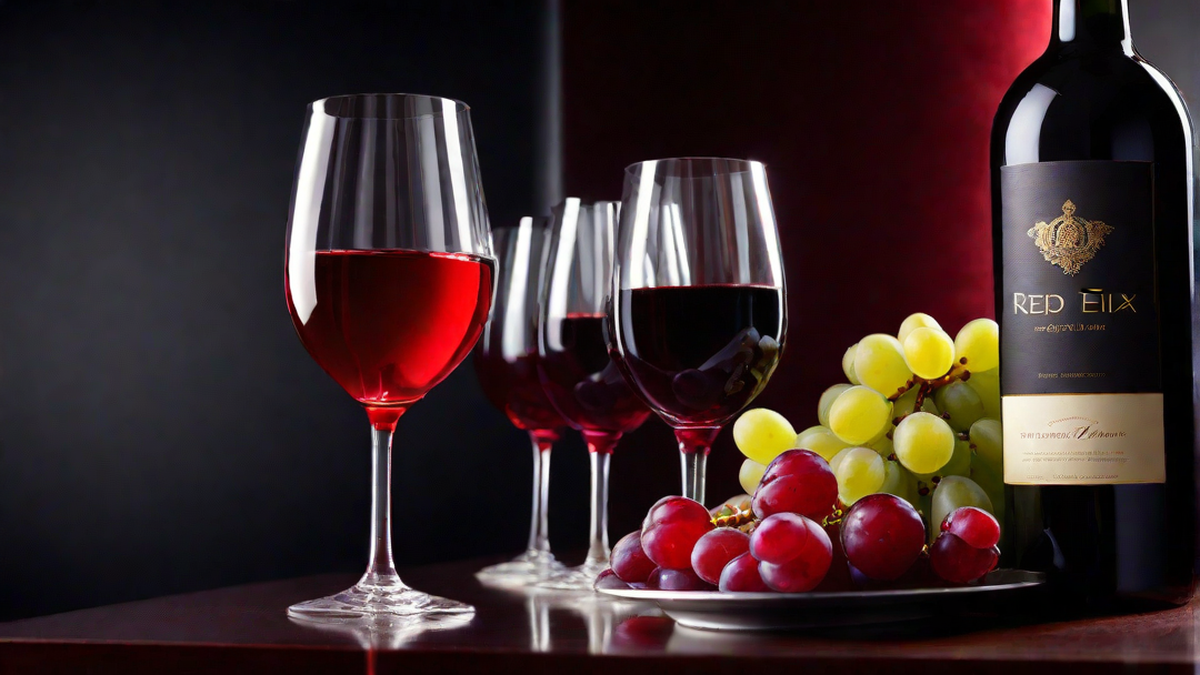The world of wine making is fascinating- wherein science meets art, giving rise to tantalizing elixirs from simple grapes. However, have you come across murmurs suggesting avoidance of Campden tablets in this process? No need to fret my fellow oenophiles! Let’s quench our thirst for knowledge as we divulge secrets on crafting divine wines without having to resort to chemical concoctions. This write-up discusses alternative methods and organic techniques which assure appreciation from even the most discerning taste buds out there. With excitement aplenty, let’s pop open our enthusiasm and dive deep into the realm of natural winemaking.
Understanding the Role of Campden Tablets
Winemaking holds many secrets that make the process enigmatic; one such secret revolves around the usage of Campden Tablets during winemaking. These tiny pills made up mainly of potassium metabisulfite serve two purposes: they act both as antioxidants and antiseptics that preserve wines freshness during fermentation processes by preventing spoilage. But have you ever wondered if we could come up with a way to produce wines without them? Some winemakers are moving towards alternatives due to peoples’ possible allergic reactions from sulfites or preferences for naturally organic techniques like wild fermentation! This ancient technique depends on naturally growing yeast found on fruit skins and within the environment – an old school method predating commercialized yeasts or additives like Campden Tablets.
Be careful though; executing this process carries a risk of contamination from unwanted bacteria or mold growth. To mitigate these risks keep hygiene standards in check and use only high quality fruits produced optimally under proper conditions. Alternatively.
Non sulfite preservatives like citric acid or ascorbic acid provide similar benefits with no sulfur components but might fall short compared to the sterility level of Campden Tablets. In conclusion: Producing wine without Campden Tablets is achievable! Wild fermentation provides an all natural alternative that comes with its own complexities and challenges.
While non sulfite preservatives offer an avenue for those seeking a sulfur free approach. Unlocking this secret for winemaking opens new opportunities while withholding impeccable taste and quality simultaneously – Cheers to unlocking these potentials!
Alternative Methods for Sterilizing Equipment
For successful wine production hygiene is essential and sterilizing equipment plays a crucial role in achieving this objective. One might wonder how to ensure cleanliness without Campden tablets but there exist suitable alternatives worth exploring. Boiling water stands as one of the most popular choices where you can immerse your tools and leave them boiling for 5 10 minutes; effectively killing off wild yeasts, microbes, and bacteria present on your tools’ surfaces.
Another alternative is steam; applying this method with either a pressure cooker or steamer guarantees sterile equipment within 20 30 minutes at high temperatures rendering most microbes inactive.
Chemical sanitizers like Star San and Iodophor provide durable results after following proper instructions on dilution rates and contact times.
UV C lamps offer sterilization capability where surfaces can be exposed to germicidal ultraviolet light preventing unwanted microorganisms’ growth quickly and efficiently.
Dry heat ovens or autoclaves are effective professional grade sterilization alternatives that exceed traditional home methods, mostly suitable for small scale wineries. It is worth noting that these options can guarantee a degree of cleanliness required for wine production without Campden tablets.
Natural Preservatives in Wine Making
Winemaking is an art that captures all our senses and maintaining essence without using artificial preservatives like Campden tablets becomes pivotal here! So what are alternatives available to us? Lets explore the world of natural preservatives! One such alternative is sulfite which presents naturally in grapes providing preservation of freshness while preventing spoilage. Many winemakers prefer them over synthetics like Campden tablets. Another effective solution is wild yeasts found on grape skins during fermentation that add unique subtleties giving your wine an individual identity.
Moreover acidity plays a vital role too in preserving wine freshness therefore optimizing this factor adds to longevity where you can consider grapes with higher acidity levels or adjust it during fermentation to achieve the correct ratio.
Tannins also hold a crucial position as they act as antioxidants protecting against oxidation and spoilage originating from everything from grape skins to oak barrel used during aging.
Lastly higher alcohol levels act as natural inhibitors against bacterial growth thereby playing a critical role too. Experimenting with different grape varieties or fermentation techniques can enables you to balance this factor correctly ensuring longer shelf life whilst keeping wine flavors intact .
In conclusion: Embracing natural techniques like sulfites wild yeasts adjusting tannins acidic content helps create unique wines without using Campden tablets .
Utilize these techniques and preserve your wines’ freshness & flavor integrity over time. Cheers!
The Magic of Wild Fermentation
If you’re looking to break away from conventional wine making techniques. How about considering wild fermentation as a fascinating alternative? This natural method relies on the presence of naturally occurring yeasts present in the environment producing unpredictable yet enchanting outcomes you won’t find elsewhere.
Understanding the process is crucial when delving into this ancient technique. With wild fermentation. Not only commercial yeasts and additives like Campden tablets are not used during the process.
But it also produces unique flavors and characteristics that can’t be achieved in any other way. Choosing grapes mindfully is necessary for an excellent outcome with this approach. Organic, pesticide free fruits are ideal as they house a healthy yeast population essential to make these wines through natural processes.
Wild yeast takes patience twice as long than commercial yeasts – potentially weeks or even months of slow winning transformation creating a remarkable charge with prolonged exposure. Temperature control also plays an essential role – keeping temperature ranges between 60 75°F (15 24°C) ensures optimal results while too low temperatures put yeast into dormancy while high temperatures foster unwanted bacteria`s growth.
But be cautious: due to its unpredictable factor. It could result in undesirable microorganisms overriding beneficial ones leading to spoilage or off flavors issues when attempting this slow transformation. Nonetheless when done correctly – wines capture characterful terroir at their finest stage that marvelously highlight every sense of place uniquely—nature at play on your winemaking journey!
Controlling Oxidation Without Campden Tablets
For centuries winemakers have strived to achieve the perfect balance between taste and preservation. Oxidation, a natural process that occurs when wine is exposed to air can be both beneficial and harmful. If managed correctly it can enhance the wines flavors and aromas; otherwise it can lead to spoilage. Traditionally Campden tablets have been the go to solution for controlling oxidation in homemade wines. However. If you prefer a more natural approach.
There are ways to manage oxidation without relying on these chemical additives. To start with consider investing in high quality equipment for winemaking. The containers you use play a crucial role in preventing excessive oxidation. Opt for glass or stainless steel vessels with airtight seals as they are non reactive and provide an effective barrier against oxygen exposure. Furthermore ensure that all your equipment is thoroughly cleaned and sanitized before use to eliminate any potential contaminants that could accelerate spoilage.
Timing is critical! Limiting the duration of contact between wine and air during production can significantly reduce oxidation risks. When racking your wine from one vessel to another during production or bottling it. Handle it gently to prevent splashing and agitation.
When bottling your wine fill bottles up until half an inch from the cork or cap; this will minimize headspace where oxygen lingers. Experiment with inert gases like nitrogen or argon gas! These gases are heavier than air; they form an invisible blanket over the surface of your liquid treasure protecting it from harmful oxygen molecules.
Lastly: embrace natures’ bounty! Some grape varieties contain high levels of antioxidants like tannins or ascorbic acid – compounds that help combat oxidative damage by neutralizing free radicals formed during fermentation or aging processes. Incorporating antioxidant rich grape varieties into your winemaking repertoire will give added protection against unwanted oxidation effects.
In conclusion: don’t let the absence of Campden tablets stop you from creating delectable homemade wines. With careful attention to equipment, timing, and technique; you can unlock the secret to wine making without chemical additives. Consider embracing these alternative methods and experience the joy of producing genuinely natural and delightful wines that highlight your talents and ingenuity. Here’s to your success!
Embracing Organic Wine Making Techniques
The demand for organic wine making techniques has surged over recent years due to growing interest in sustainable and eco friendly practices among consumers globally. This article delves into the topic of organic wine making without using Campden tablets which contain sulfites that may cause sensitivity issues or may not adhere fully to an all natural desire. Winemakers are now resorting to alternative techniques such as wild fermentation which uses naturally occurring yeasts present on grape skins resulting in spontaneous fermentation without the need for added chemicals or sulfites; another technique involves using native yeast strains adapted precisely to specific grape varieties and regions creating unique flavor profiles while also skipping additives like Campden tablets via this approach. Furthermore.
Biodynamic practices prioritize soil health alongside minimal intervention allowing winemakers to produce high quality grapes with reduced need for processing during fermentation necessary when producing ecological friendly wines desired by consumers seeking more natural options. Overall these eco conscious approaches provide an exciting opportunity for consumers craving genuinely organic wines made through sustainable and safe practices with no compromise on quality nor experience levels achieved via traditional methods of production widely utilized before their introduction.’
Ensuring Quality and Shelf Life Without Chemicals
Creating top-tier wine sans Campden tablets requires an exquisite level of artistry that strikes a balance between tradition and innovation relentlessly. With this aim towards natural winemaking methods edging out chemicals lies a journey witnessing practices ensuring both high quality and longevity for every single bottle produced by us
The primary objective required for producing spectacular wines entails maintaining spotless surroundings throughout the entire winemaking ecosystem. It proves to be beneficial as a clean workspace reduces the risk of unwanted microbe contamination, seamlessly carving out a strong foundation for your wine’s formation.
Wild fermentation sparks an element of surprise, essentially offering unique flavors and complexity during the process – it is a bold choice, but very well worth it.
The native yeasts already present on grape skins jump-start fermentation here, leading to unpredictable yet extraordinary results.
Precise temperature control plays an integral role in maintaining stability during fermentation. Steady environmental conditions assure optimal yeast activity with minor fluctuations capable of being tolerated only while substantial changes may harm the microorganisms needed to convert grapes into dynamic wine.
Another natural wonder comes in the form of tannins found in grape skins, seeds, and stems.
Acting as nature’s preservatives and antioxidants simultaneously with a unique flavor enhancement trait they guarantee both structure and longevity for every wine bottled by you
Storing bottles properly lays out its fundamental requirement while opting for chemical-free concerns with winemaking sans Campden tablets so as to preserve your artistic creations intact over time against possible damage from direct sunlight or fluctuating temperatures
In conclusion, crafting exceptional wines free from any requisite chemicals such as Campden tablets merely requires following specific guidelines religiously inclusive of maintaining hygiene throughout production processes; embracing wild fermentation under careful temperature regulation; understanding the attributes tannins bring along naturally; and properly storing bottles securely.Cheers to unlocking all secrets behind creating exceptional wines naturally!




